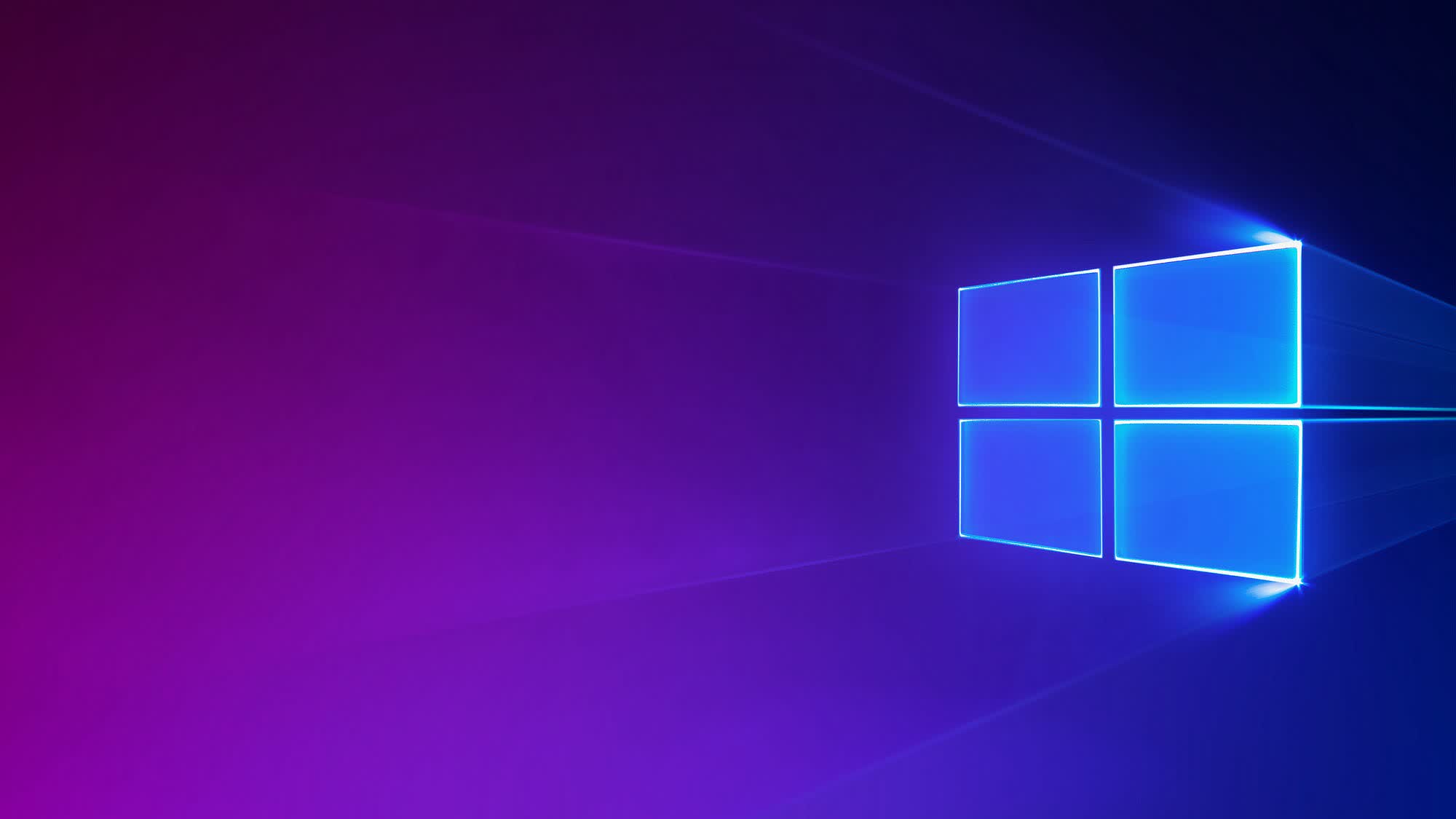
Microsoft emails Windows 10 users, recommending recycling or trade-in of outdated PCs
- 20.03.2025 14:50
- techspot.com
- Keywords: Windows 10, Windows 11
Microsoft is ending support for Windows 10 in October and has started emailing users to encourage upgrading or recycling their PCs. The move aims to boost hardware sales despite concerns over compatibility and security risks.